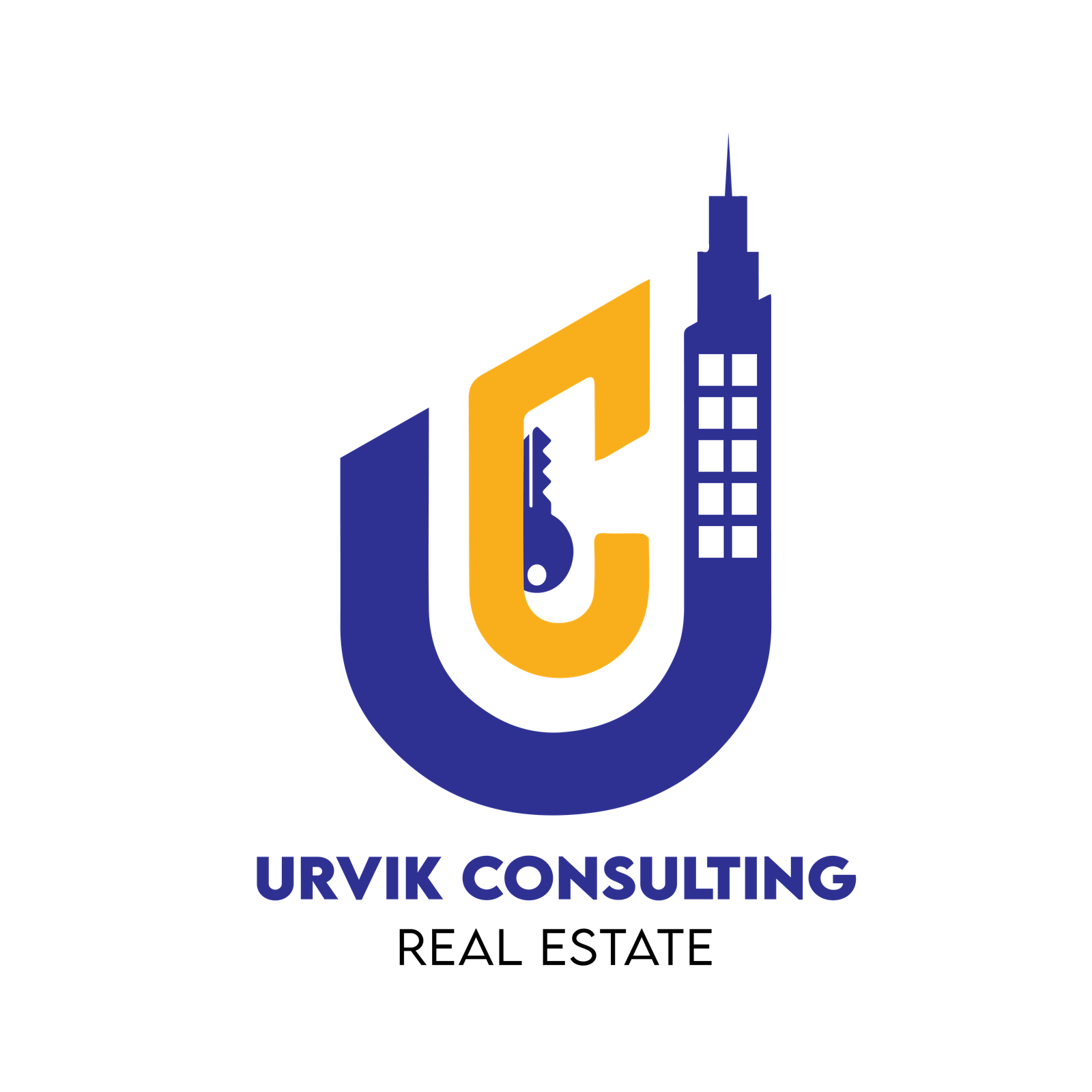Table of Contents
The Indian real estate sector in 2025 is at an inflection point. On one hand, rapid urbanization, government initiatives, and PropTech innovations are creating new avenues for growth. On the other, persistent challenges—ranging from affordability constraints to regulatory uncertainty—are shaping how developers, investors, and homebuyers engage with the market.
At Urvik Consulting, we believe that understanding these challenges is the first step. The next is developing strategies that not only mitigate risks but also unlock opportunities in a competitive environment.
1. Regulatory Hurdles and Policy Uncertainty
While RERA has brought transparency, compliance continues to be resource-intensive. Frequent amendments and approval delays slow down project timelines.
Our View: Developers should proactively invest in compliance systems, and investors should conduct deeper due diligence. Building agility into project planning is essential to manage policy shifts effectively.
2. Housing Affordability and Escalating Costs
Rising land, material, and labor costs have placed affordable housing further out of reach, especially in metros.
Our View: Developers should explore innovative construction technologies, strategic land acquisition models, and public-private partnerships to balance affordability with profitability.
3. Economic Fluctuations and Market Volatility
Inflation, interest rate changes, and global uncertainty are fueling market volatility. Investor sentiment remains highly sensitive to macroeconomic trends.
Our View: Stakeholders should diversify portfolios across asset classes and geographies, while adopting a cautious but long-term outlook on investments.

4. Infrastructure and Urban Planning Gaps
Urban growth continues to outpace infrastructure, leading to congestion and reduced quality of life in emerging hubs.
Our View: Developers and investors should align projects with upcoming infrastructure corridors and government urban renewal programs. Location strategy will be a decisive factor for long-term value creation.
5. Slow Adoption of Digital Transformation
AI-driven platforms and blockchain solutions are transforming the sector, yet adoption remains uneven. Many traditional players still rely on manual processes.
Our View: Early adopters of PropTech will gain a competitive edge. Investing in digital tools for customer engagement, documentation, and asset management will become a market differentiator.
6. Sustainability and Green Building Challenges
Eco-conscious buyers are demanding sustainable housing, but high costs and limited incentives remain barriers.
Our View: Developers should integrate green design principles from the planning stage and leverage government subsidies where available. Positioning projects as sustainable is not just about compliance—it is about brand leadership and long-term resilience.
Conclusion
Indian real estate in 2025 is not defined by its challenges alone—it is defined by how stakeholders respond to them. The sector’s next phase of growth will depend on regulatory foresight, digital readiness, sustainability-driven innovation, and alignment with infrastructure growth.
At Urvik Consulting, we partner with developers, investors, and institutions to navigate this complexity with data-driven insights and strategic foresight. In a market as dynamic as India’s, proactive adaptation is no longer optional—it is the path to sustained success.

